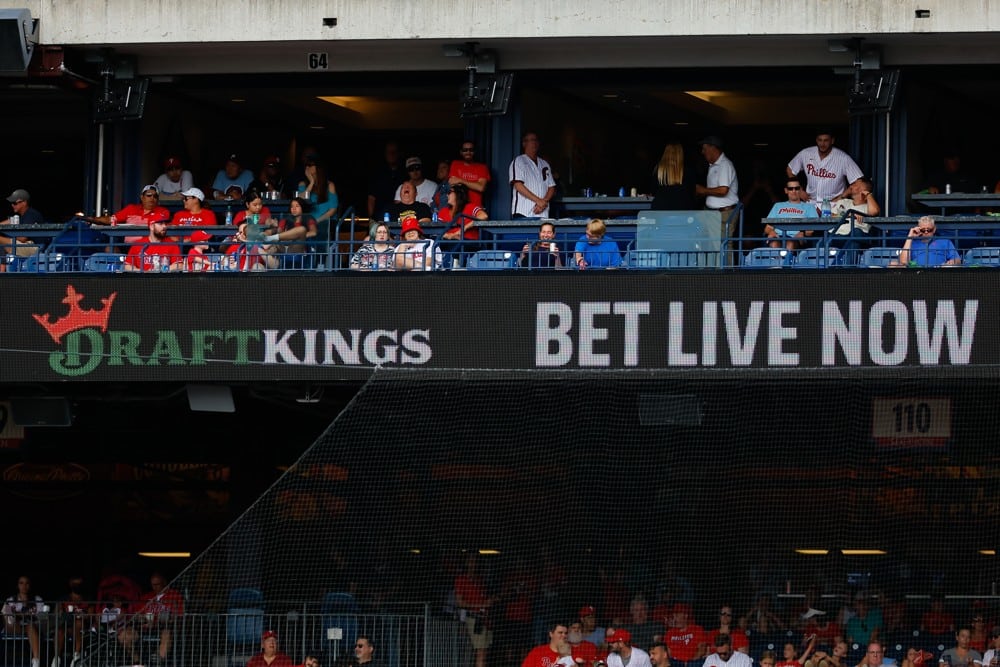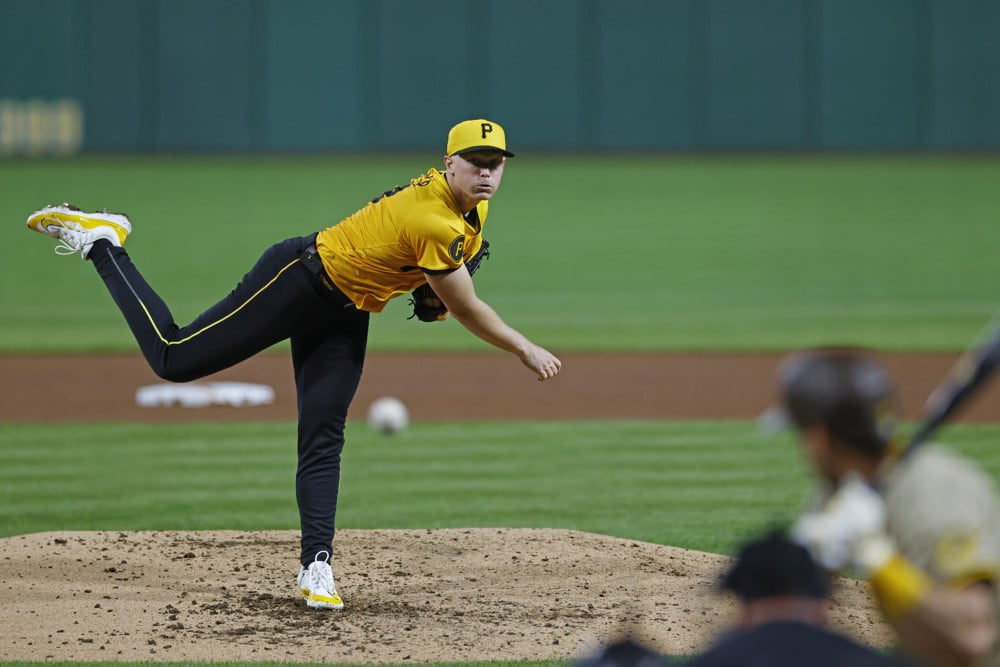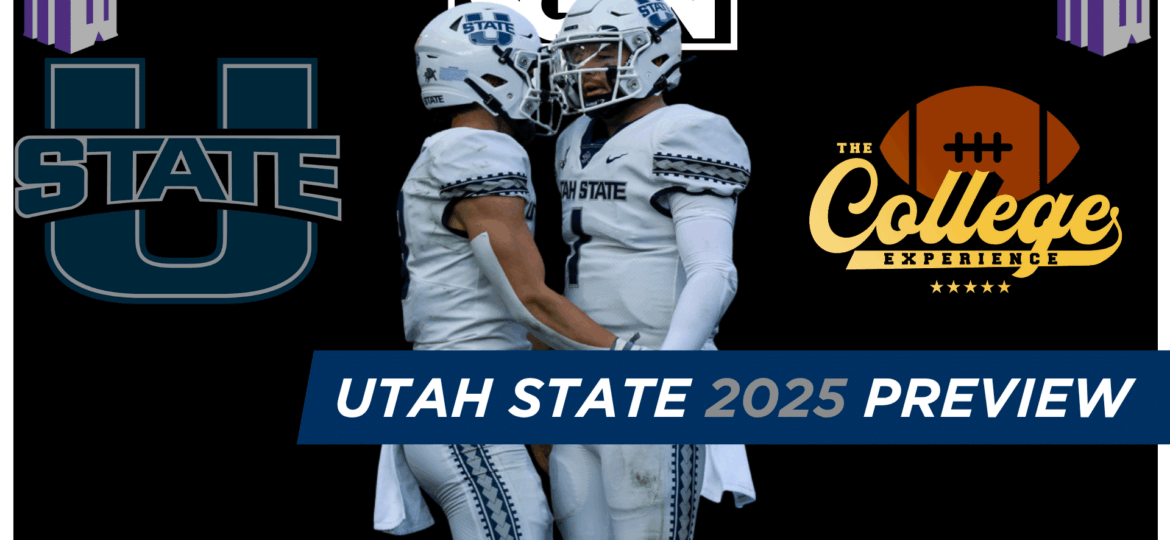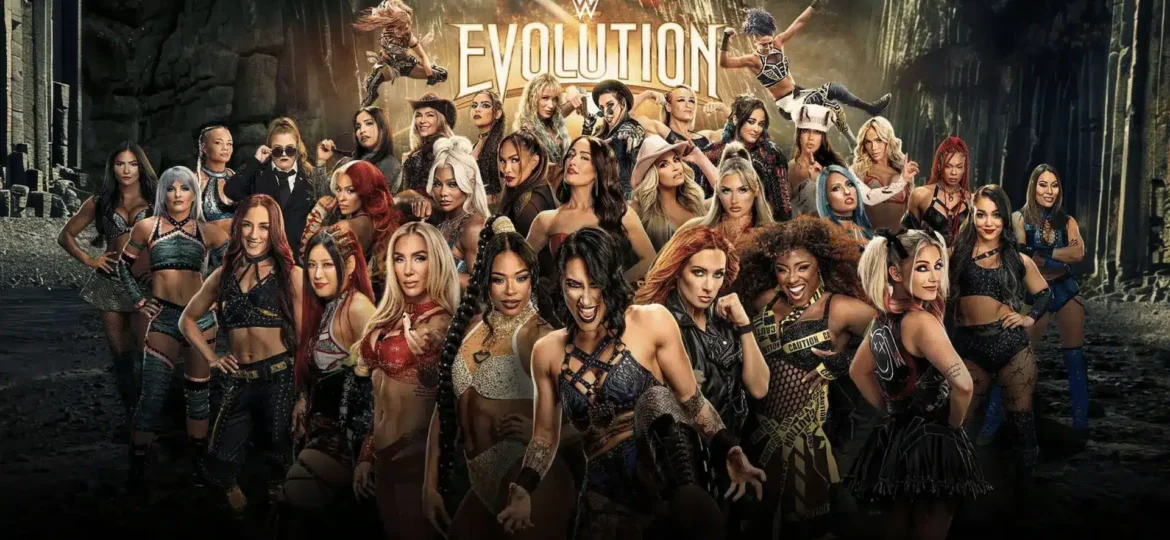
While it is still in the early days, Trump’s return is already shaking up markets and greatly influencing the US economy. With his administration expected to focus on deregulation and economic growth, many industries are likely to be impacted, whether directly or indirectly. As for the gambling industry, could his administration shift things a bit, especially in terms of regulation? Stick around to find out.
Gambling regulations at the moment
Gambling in the United States is regulated through a mixture of federal, state, and tribal laws. This mix can sometimes be a complex system to navigate, but thanks to sites like https://www.igamingtoday.com/regulation-of-gambling-in-the-united-of-states-of-america/, that break it down for you. Simply put, federal laws manage cross-state activities and state laws govern gambling within each state. Tribal laws regulate gambling on Native Americans’ land. Now, let’s look at some examples of these laws.
At the federal level, there are several major laws on gambling, one of them being the Wire Act of 1961, which prohibits interstate betting in order to limit organized crime. There is also the Unlawful Internet Gambling Enforcement Act (UIGEA) of 2006, which regulates financial transactions for illegal online gambling. UIGEA doesn’t deal with individual players but with unlicensed operators. The Indian Gaming Regulatory Act of 1998 gives native Americans the right to run gambling operations on their lands, under agreements negotiated with state governments.
The Professional and Amateur Sports Protection Act (PASPA) of 1992 was also a key federal law that previously banned sports betting in all but a few of the states in the US. Nevada was one of the exemptions and was allowed to carry out full sports wagering. Delaware, Oregon and Montana were also permitted to keep running their pre-existing, limited sports betting options. 26 years later, the Supreme Court repealed PASPA in the case of Murphy v. NCAA and allowed states to legalize and regulate sports betting individually.
As for state laws, they are unique to each state. In fact, in as much as gambling is legal according to federal laws, there are states like Hawaii and Utah that prohibit any form of it. At the same time, states like Nevada and New Jersey have really embraced gambling, offering land-based casinos, online gaming and sports betting. Even after the ban on sports betting was lifted, several states still opted not to legalize it.
The gambling industry in Trump’s first term
The US experienced a few changes in some federal regulations on gambling during Trump’s first time as president. For instance, the Wire Act of 1961 was reinterpreted. Initially, according to a 2011 opinion, the act only prohibited interstate sports betting and did not apply to any other form of gambling, such as online poker or casino games. However, in January 2019, the Department of Justice (DOJ) released a different opinion that expanded the scope of the Wire Act to apply to all forms of interstate gambling. This brought about questions and confusion in states that had legalized internet gambling based on the 2011 opinion.
States like New Jersey had agreements with Delaware and Nevada to allow online poker players to compete across state lines so as to boost their online poker market. The reinterpretation threatened to disrupt such deals, awakening uncertainties among online casino operators. The new opinion was contested in court, and the American Gaming Association (AGA) and other state officials pressed for a clearer legal framework around online gambling that would allow the industry to grow without expecting sudden regulatory changes.
It was also during Trump’s time that the PASPA was done away with allowing states to legalize sports betting. The decision led to a significant expansion of the sports betting market. Actually, over 30 states have already legalized sports betting. Though Trump did not play a direct role in the decision, could it be that his administration’s stand on matters to do with sports betting helped create the conditions that led to the law being overturned?
What to expect now
Based on Trump’s policies this term, especially if his administration focuses on deregulation, it is possible that federal policies around gambling might be relaxed a bit to give the states opportunities to expand their gambling options. Even so, it is important to note that gambling regulations are largely dependent on state governments, and federal laws provide just a baseline. So, even if Trump were to have an influence, it would likely be more on federal laws than on the day-to-day operations in the states.
Also, many other factors can contribute to changes in the regulatory landscape of gambling other than a new president, including tech advancements, mobile gaming, cashless betting and more. Plus, the future of the gambling industry does not depend on federal policies alone but also on public demand, economic factors and even social concerns.
So, in as much as Trump’s presidency could bring some changes in many areas, his influence on gambling regulations is still a mix of possibilities. So, we play the waiting game and let time unfold what’s next.





















